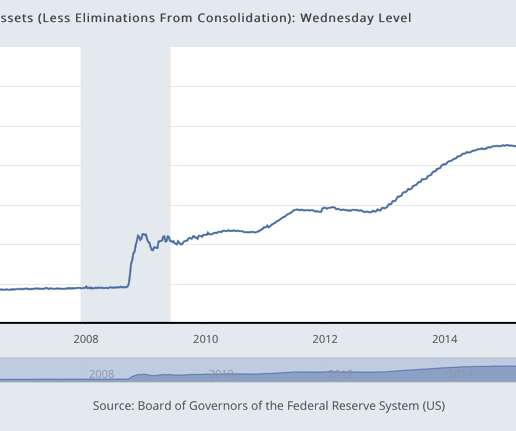How to Improve Your Finance Skills (Even If You Hate Numbers)
Harvard Business
MARCH 31, 2017
If you’re not a numbers person, finance is daunting. Stop avoiding finance because you’re afraid of numbers. Think of it this way, “Finance is the way businesses keep score. “Finance and accounting are very simple. .” “Finance and accounting are very simple. Overcome your fears.













Let's personalize your content